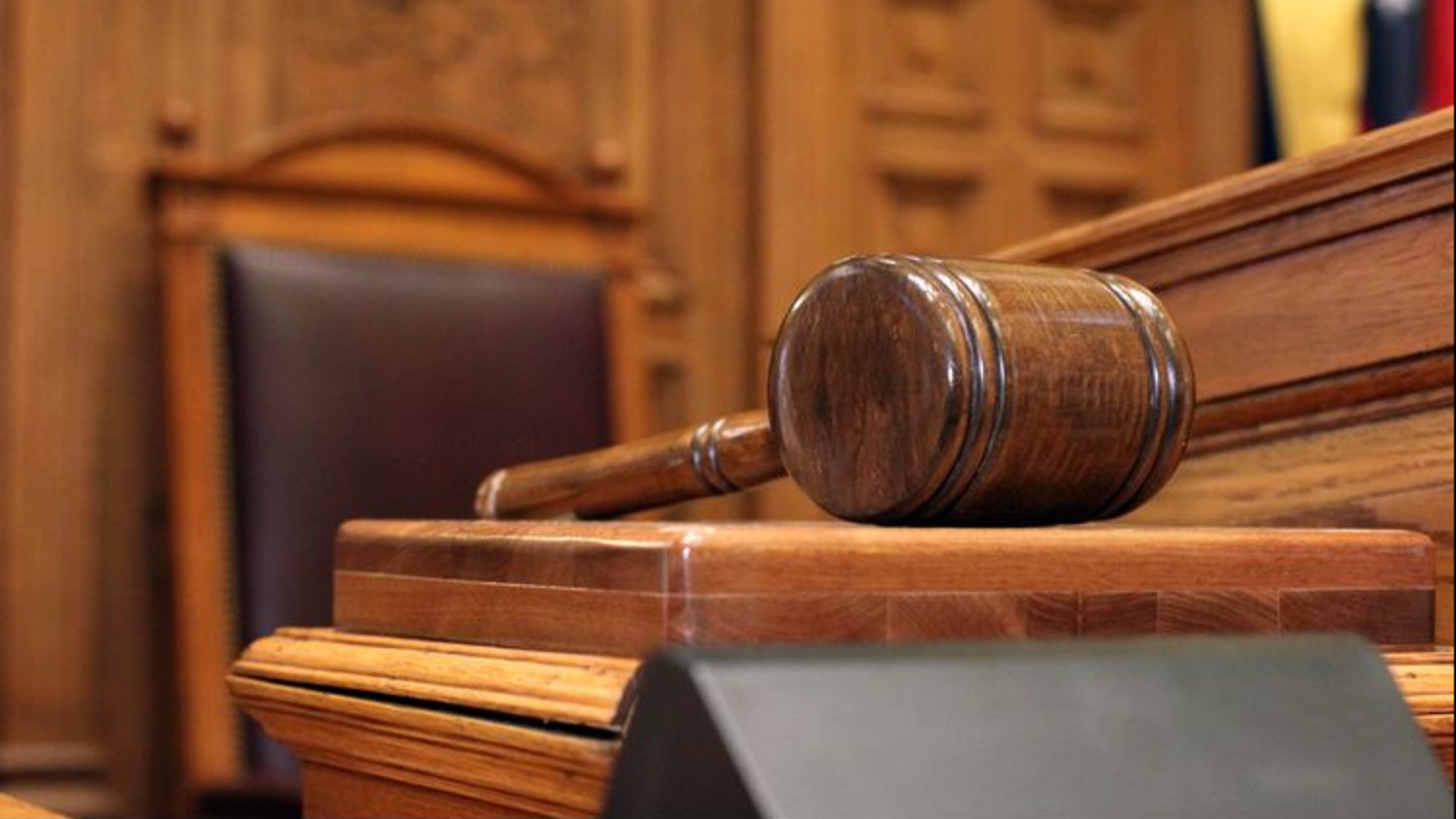Why an anti-discrimination clause guts a bill not intended for discrimination

The House Judiciary Committee on Thursday struck a potentially fatal blow to religious-liberty legislation by adding an anti-discrimination clause to the bill. After a 9-8 vote to add the clause, the committee voted to table Senate Bill 129 . That puts it on its death bed for this session, and perhaps for good.
The sponsor of the amendment, Rep. Mike Jacobs, R-Brookhaven, cast it in this light: Supporters of the bill have said the intent is not to legalize discrimination, so why not put that in the text? There were also references during the committee's hearing on the bill to the "context" in which it was being discussed -- namely, at a time when gay rights are ascendant.
I agree the timing and context have colored the discussion, but not in the way the bill's critics argue. I believe the context has rendered normally clear-thinking people incapable of examining the issue as pertaining to anything other than gay rights. By doing so, they have taken a dangerous step toward pitting religious rights as being necessarily in conflict with gay rights -- a situation that neither side should want.
For the sake of argument, let's say the Legislature is not going to allow discrimination against gays and lesbians, and that SB 129 ends up becoming law with the Jacobs amendment intact. What, indeed, would be wrong with language that would prohibit religious liberty as a defense in matters of "discrimination on any ground prohibited by federal, state or local law," as that amendment put it?
The short answer is: a lot. Here are three examples -- completely unrelated to the question of gay rights -- of how such language would, as bill sponsor Sen. Josh McKoon, R-Columbus, put it, "negate the purpose of the bill."
1. In January 2017, newly inaugurated President Hillary Clinton decides to respond to the Supreme Court's 2014 Hobby Lobby ruling by issuing an executive order declaring fully subsidized contraception, regardless of type, to be a "fundamental right" in this country. A Georgia woman, realizing her chances in federal court may remain cloudy due to Hobby Lobby, instead sues the small business owned by devout Catholics where she works in state court, citing the aforementioned non-discrimination clause. (Curiously, a vocal critic of SB 129 suddenly brought up the issue of "reproductive rights" vis-a-vis the bill during Thursday's debate.)
2. In June 2015, the U.S. Supreme Court declares same-sex marriage to be legal throughout the land under the Equal Protection Clause. President Obama follows up on that ruling with a broad executive order prohibiting discrimination against any individuals wishing to adopt a child. A faith-based adoption agency, not wishing to invite a lawsuit, enacts a rule requiring that adoptive parents be married, but not barring gay married couples, on the rationale that children need two parents in a committed relationship. Instead, an unmarried, heterosexual couple -- or a single, heterosexual man or woman; it really doesn't matter for this illustration -- sues, citing the "discrimination on any ground" clause.
3. In 2016, a county commission or city council in Georgia passes an ordinance requiring any food assistance provided to residents to include certain goods, citing the fundamental right to quality, nutritious food. Among the items required are "coffee and/or tea." A Mormon church that operates a food bank objects, on the grounds that it should not have to expend money, time or effort to procure and distribute items with caffeine, which it considers a drug.
None of these cases has anything to do with gay rights. And yet, in all three cases, a "discrimination on any grounds" clause would most likely kill any chances of success in court the religious party had.
That is why such broad language negates the purpose of a bill whose intent has nothing to do with discrimination.
If you think my examples ridiculous or extreme, consider the position of the bill's critics, which is that the unprecedented (this statutory language being successfully used as a defense in a discrimination case) is inevitable.
I'm no lawyer, but I have to think it is possible to craft anti-discrimination language that isn't so broad as to become a blueprint for any government that wishes to circumvent any religious protection, simply by deeming the matter related to "discrimination." It is telling that critics of the bill who claim to be all for protecting religious liberty, just not discrimination, didn't offer language narrowly tailored to address their stated concerns. But it is flatly absurd that Republicans in Georgia who are sympathetic to the critics couldn't be bothered to figure out what that narrower language needed to be.
*This post was updated to correct that Jacobs is a Republican representing Brookhaven, not Dunwoody.


